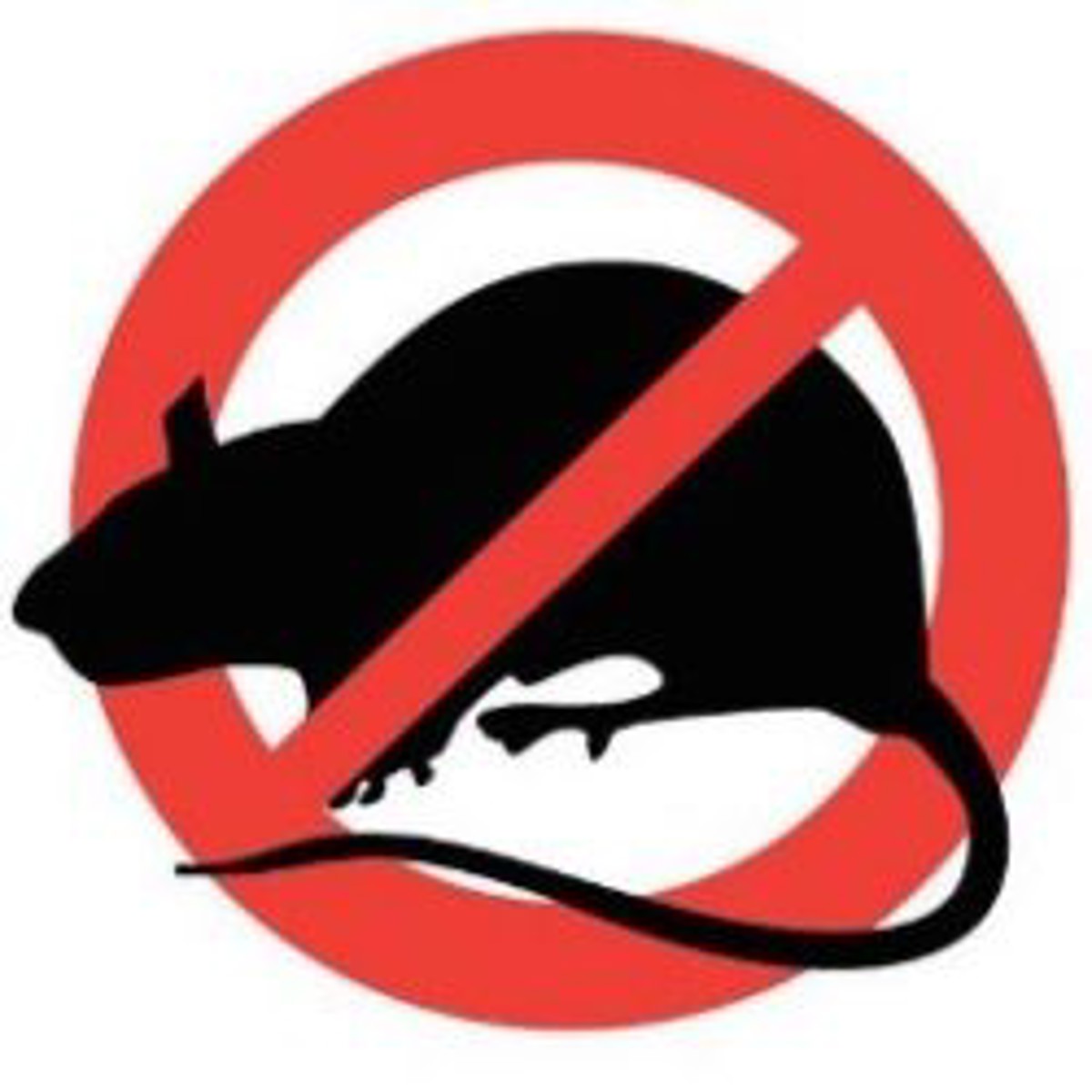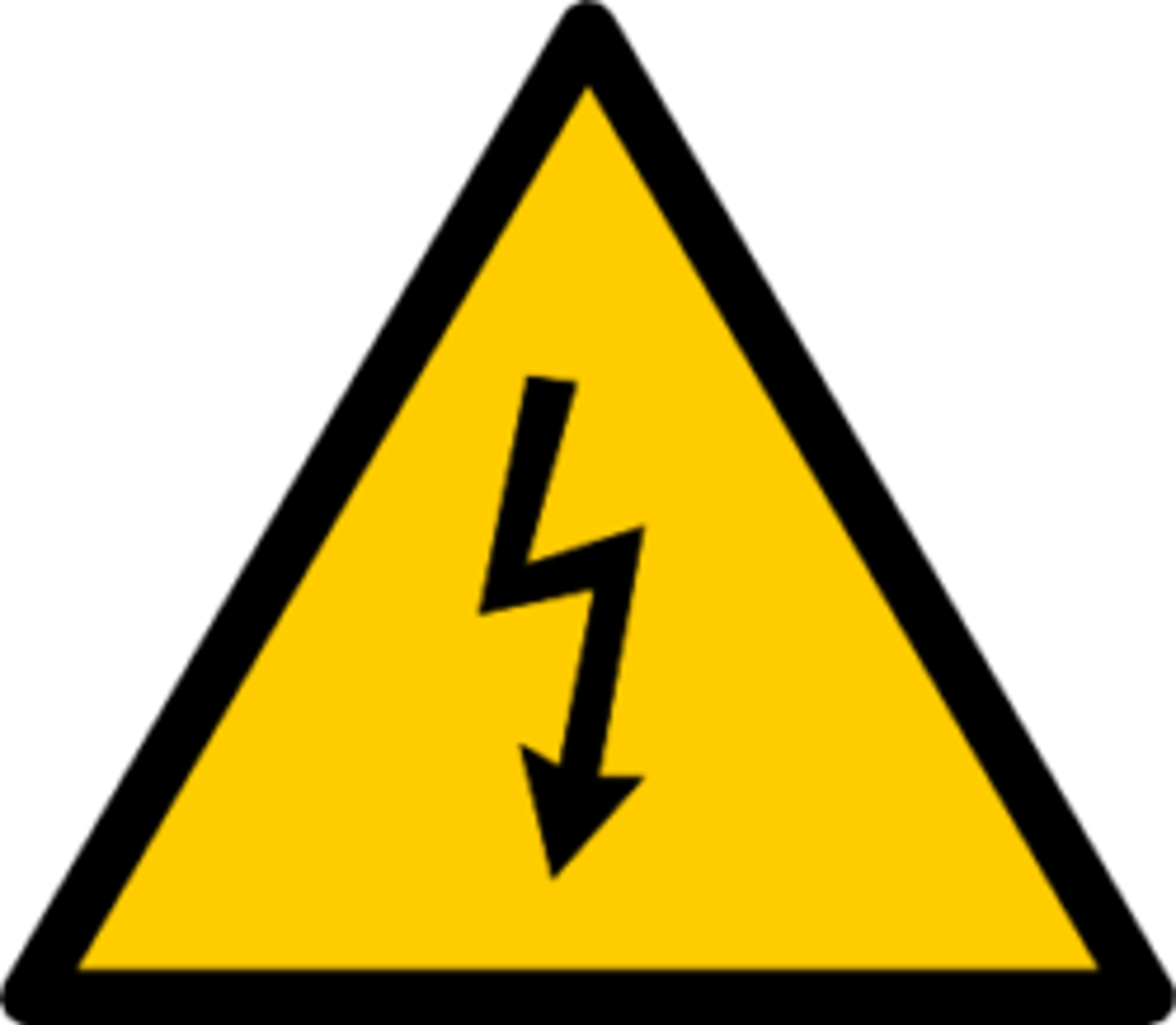Rodent caused short circuiting of 440v bus bar
- Safety Flash
- Published on 14 June 2018
- Generated on 22 February 2026
- IMCA SF 12/18
- 2 minute read
Jump to:
A fire alarm was traced to the emergency generator room.
What happened?
A rodent had found its way into an emergency switchboard cabinet, causing a 440V short circuit, sparks and a foul smell. The board was isolated and the dead rat was removed.
What went wrong? What were the causes?
This appears to be an isolated incident wherein the rodent had come on board during port stay, and gained access to the emergency generator room when the door was opened during routine weekly testing. The vessel crew had not experienced the presence of rodents in recent months. There was no evidence (rat droppings) found anywhere on deck, in the accommodation or in the provision stores. All the doors to accommodation and hatches were kept closed at all times. Rat traps were in place at various locations.
What actions were taken? What lessons were learned?
- The vessel was thoroughly searched for rodents in accommodation, the stores and on the deck after the incident; nothing was found.
- Rat traps remained in place on deck and in accommodation and stores, and the baits renewed.
- During port stay, rat guards were to be used on moorings.
- During the loading of provisions/cargo, crew were to be extra vigilant for presence of rodents.
This incident appears to be unique in the IMCA safety flash database and for that reason is passed onto members.
IMCA Safety Flashes summarise key safety matters and incidents, allowing lessons to be more easily learnt for the benefit of the entire offshore industry.
The effectiveness of the IMCA Safety Flash system depends on the industry sharing information and so avoiding repeat incidents. Incidents are classified according to IOGP's Life Saving Rules.
All information is anonymised or sanitised, as appropriate, and warnings for graphic content included where possible.
IMCA makes every effort to ensure both the accuracy and reliability of the information shared, but is not be liable for any guidance and/or recommendation and/or statement herein contained.
The information contained in this document does not fulfil or replace any individual's or Member's legal, regulatory or other duties or obligations in respect of their operations. Individuals and Members remain solely responsible for the safe, lawful and proper conduct of their operations.
Share your safety incidents with IMCA online. Sign-up to receive Safety Flashes straight to your email.

